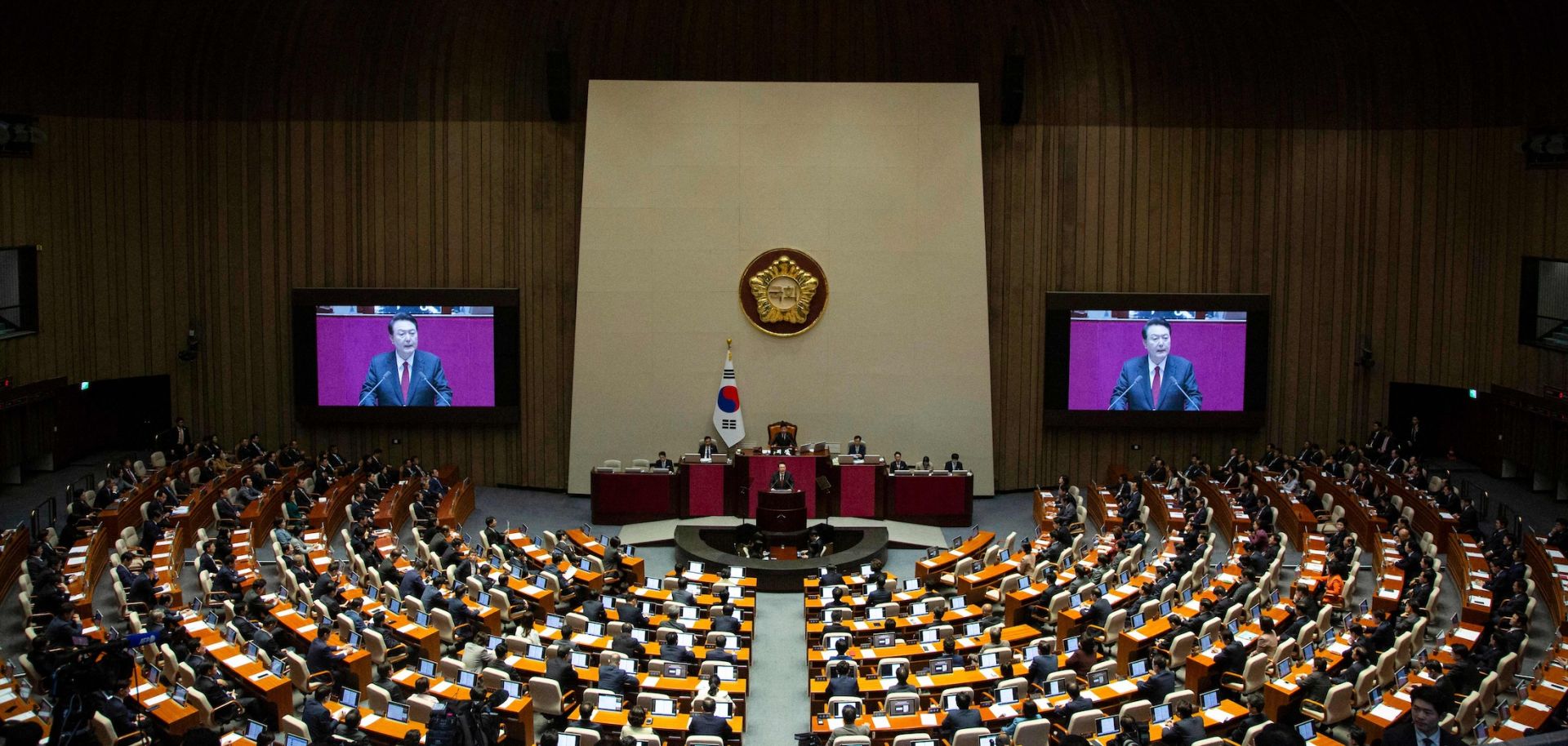A conservative victory in South Korea's April 10 legislative elections would accelerate pro-business policies and boost the country's arms industry, while a victory by the liberals would perpetuate pro-labor and green transition policies, though neither scenario would portend major changes to Seoul's foreign policy, which is largely driven by the president. On April 10, South Korea will hold elections for its unicameral legislature, the National Assembly. The ruling People Power Party (PPP) is ideologically aligned with South Korea's conservative President Yoon Suk-yeol, holds just 114 out of 300 legislative seats, and aims to upset the liberal opposition Democratic Party of Korea's (DPK) simple majority of 156 seats. Numerous splinter parties are also seeking to challenge the PPP and DPK for seats, including the Rebuilding Korea Party (RKP), which aims to end the ''prosecutorial dictatorship'' of Yoon's presidency (a reference to Yoon's use of prosecutor's office connections to target political rivals);...

